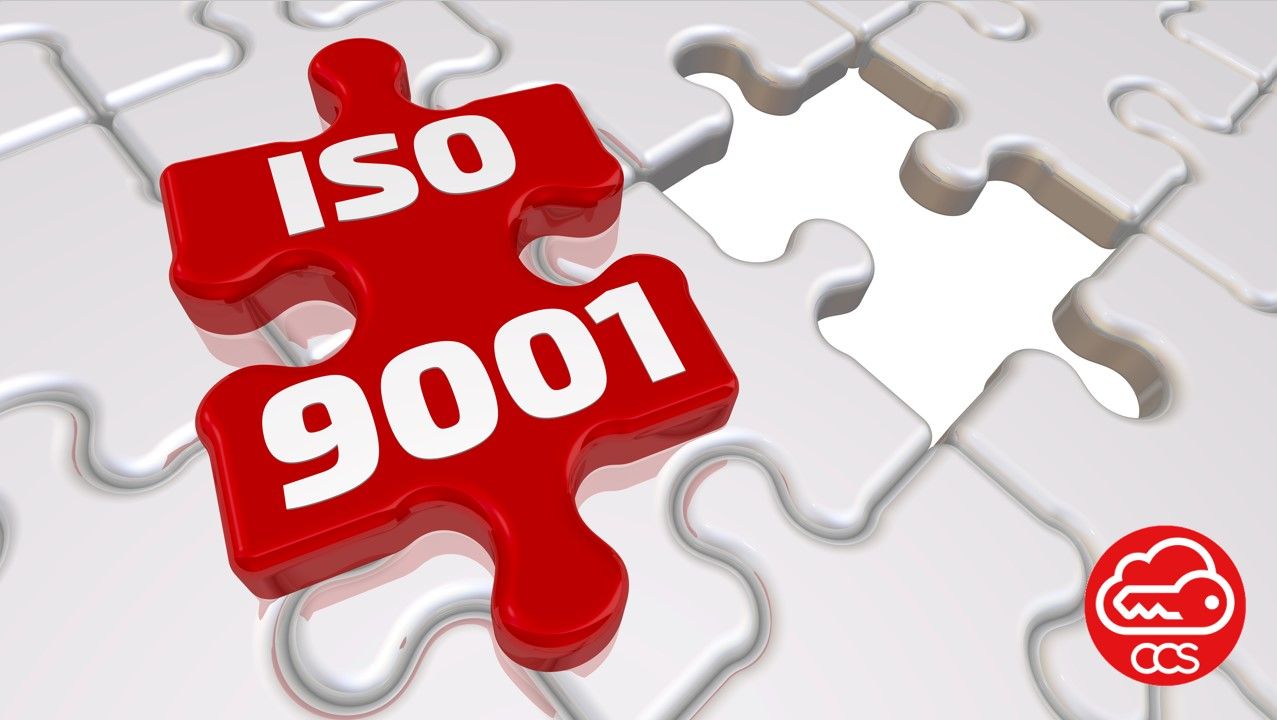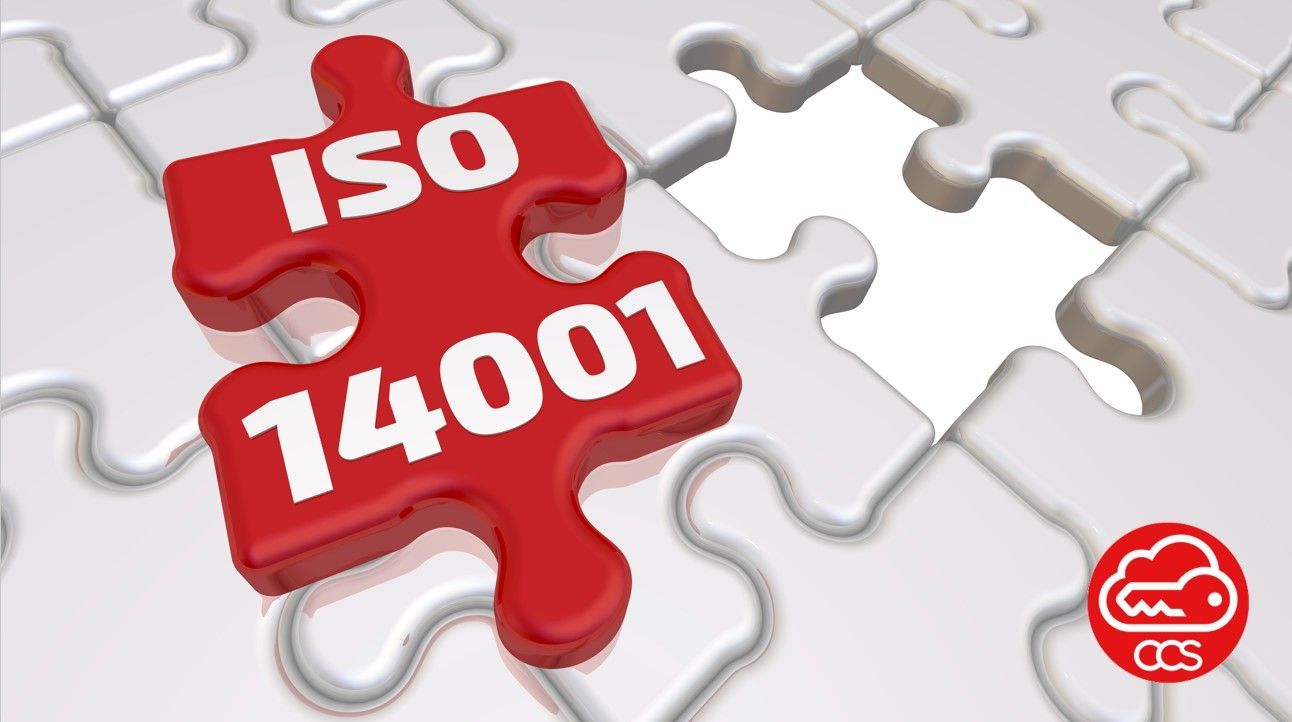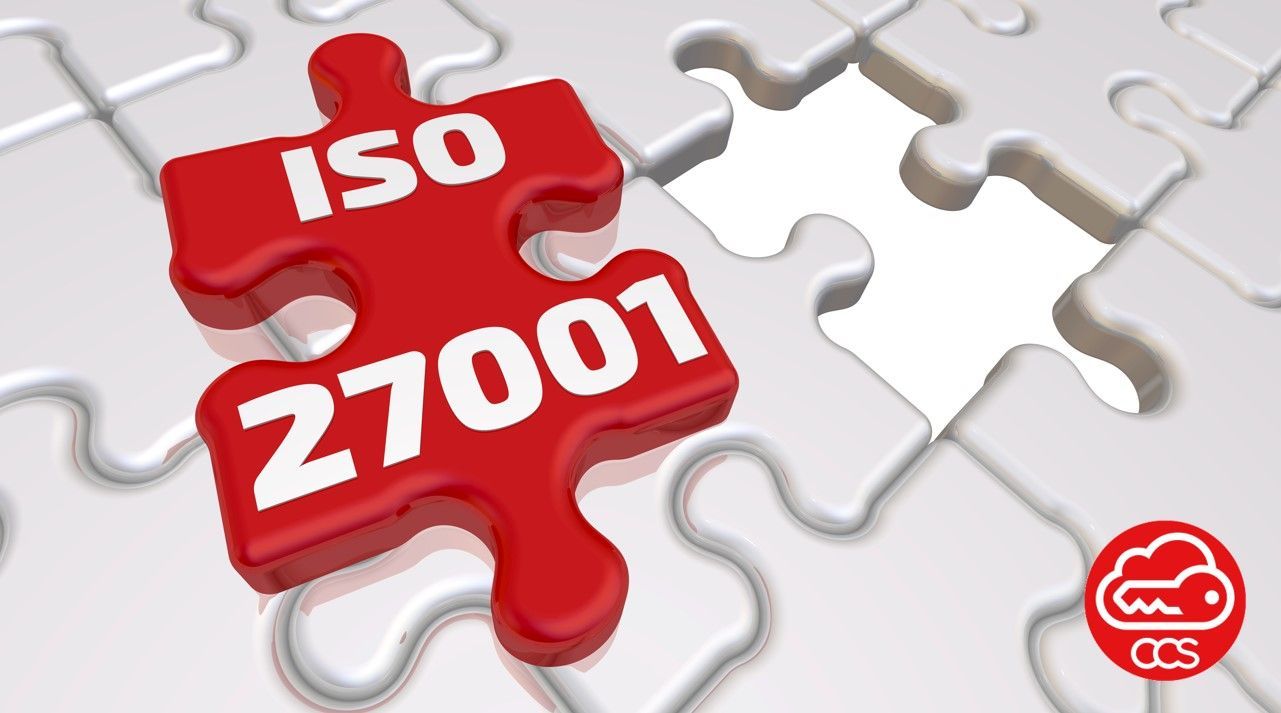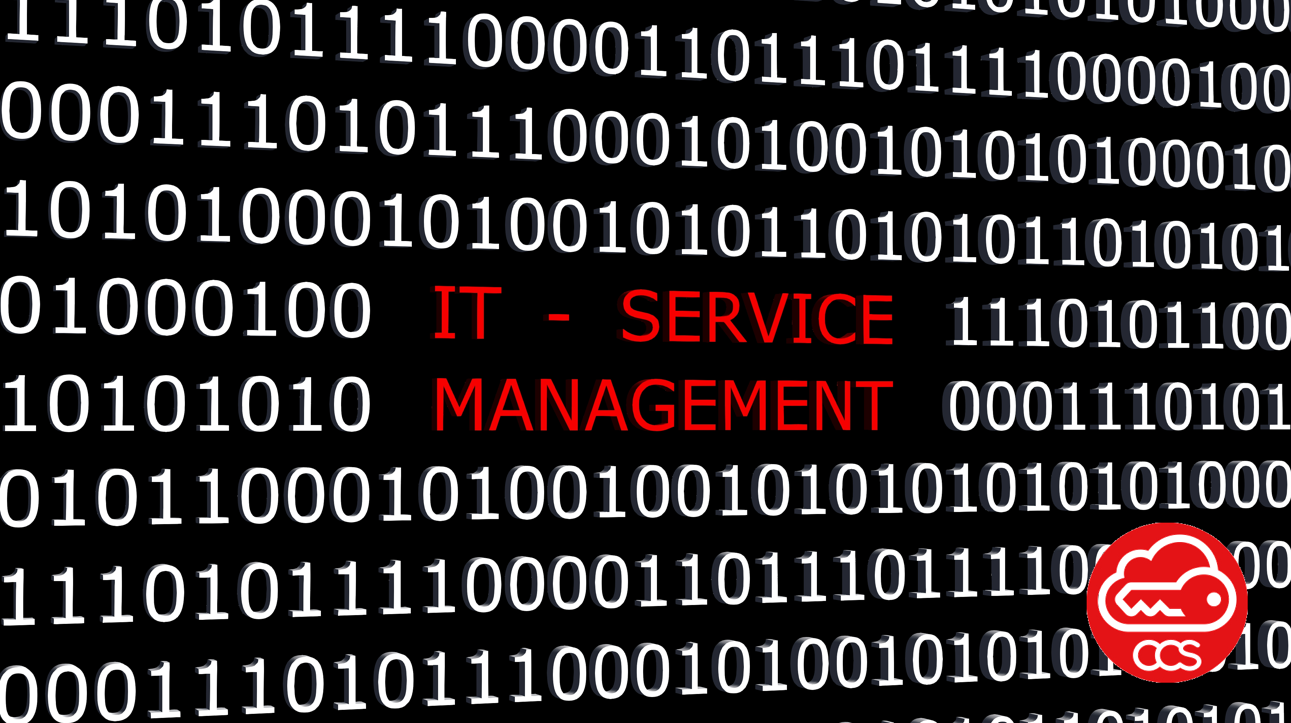ISO Standards and Certification
Frequently Asked Questions (FAQ)
Explore the frequently asked questions on the key ISO Standards and Certification covering Quality, Environmental, Health and Safety, Information Security, Artificial Intelligence as well asgeneral Information about ISO Standards, their purpose and how you can gain value.
ISO Standards Frequently Asked questions (FAQ)
Welcome to our ISO Standards Frequently Asked Questions (FAQ) page. Here, you'll find answers to common questions about the key ISO standards. Whether you're new to ISO standards or looking for specific information, our FAQs are designed to help you understand the requirements, benefits, and processes associated with each standard. Explore the sections below for detailed insights:
-
ISO Standards General: General information about ISO standards, their purpose, and how they can benefit your organization.
What are ISO standards?
ISO standards are internationally recognized guidelines and frameworks designed to ensure the quality, safety, efficiency, and consistency of products, services, and systems across various industries. They are developed by the International Organization for Standardization (ISO). Further details on ISO Standards
Why should my business implement ISO standards?
Implementing ISO standards can enhance customer satisfaction, improve operational efficiency, reduce risks, ensure compliance with regulations, and provide a competitive advantage. They also foster a culture of continuous improvement and can open up new market opportunities.
How do I choose the right ISO standard for my business?
The right ISO standard depends on your business goals and industry requirements. For example, ISO 9001 focuses on quality management, ISO 27001 on information security, and ISO 14001 on environmental management. Assess your specific needs to determine the most relevant standard(s). You can book an ISO Benefits Review here where we can assist uoi in choosing the righ ISO Standard for you.
What is the process for becoming ISO certified?
CCS offer a clear and structured 5-step approach to ISO implementation, seamlessly integrating our innovative ISO Management Platform (IMSMLoop) into each stage of the process. With IMSMLoop, we provide a centralized hub where organizations can effortlessly manage their ISO Standards implementation, management, auditing, and adherence, making the entire process streamlined and efficient.
How long does it take to get ISO certified?
The time required for ISO certification varies based on the size and complexity of your organization, as well as the specific ISO standard. Generally, it can take anywhere from a few months to over a year to fully implement the standards and achieve certification.
What is a gap analysis in ISO implementation?
A gap analysis is an assessment that compares your current processes and procedures with the requirements of the chosen ISO standard. It identifies areas that need improvement to meet the standard's criteria, serving as a roadmap for achieving compliance.
How often do we need to update our ISO certification?
ISO certifications are typically valid for three years, with annual surveillance audits conducted by the certification body to ensure ongoing compliance. After three years, a re-certification audit is required to maintain the certification.
What are the costs associated with ISO certification?
CCS will provide an investment quotation for the development of the ISO management system which are fixed, and there will be no additional or hidden charges regardless of the duration or complexity of your business.
How can ISO standards benefit my customers?
ISO standards provide significant value and ensure that your products and services consistently meet customer expectations in terms of quality, reliability, and safety. This can lead to higher customer satisfaction, increased loyalty, and a stronger reputation in the market.
What is the role of internal audits in ISO compliance?
Internal audits are critical for maintaining ISO compliance. They involve regularly reviewing and assessing your processes and systems to ensure they meet the requirements of the ISO standard. Internal audits help identify areas for improvement and ensure continuous compliance.
How do ISO standards promote continuous improvement?
ISO standards include frameworks for regularly evaluating and improving processes and systems. They encourage organizations to set measurable goals, monitor performance, and make data-driven decisions to enhance efficiency and effectiveness continuously.
Can small businesses benefit from ISO certification?
Yes, small businesses can greatly benefit from ISO certification. It can help them streamline operations, improve product and service quality, enhance customer satisfaction, and gain credibility in the marketplace, which can be particularly valuable for growth and competitive advantage.
What is the difference between ISO certification and accreditation?
Certification is awarded to organizations that meet the requirements of a specific ISO standard after a successful audit by a certification body. Accreditation, on the other hand, is a formal recognition that a certification body is competent to carry out ISO certification assessments, typically granted by an accreditation body.
-
ISO 9001: Quality Management System
What is ISO 9001, and why is it important for businesses?
ISO 9001 is a standard that guides organizations in developing an effective quality management system (QMS). It is essential for businesses as it leads to enhanced product and service quality, increased stakeholder and customer trust, and improved operational efficiency and cost savings. Further Information
How does ISO 9001 help with compliance and risk management?
ISO 9001 helps organizations meet quality-related legal requirements and manage operational risks effectively. This includes identifying and managing risks in the organization's processes and ensuring compliance with relevant regulations.
Can ISO 9001 lead to cost savings?
Yes, implementing ISO 9001 can lead to cost savings by improving operational efficiency, reducing defects, and lowering costs associated with rework and waste.
How does ISO 9001 promote continuous improvement?
ISO 9001 encourages organizations to establish a culture of continuous improvement by setting objectives, monitoring performance, and making necessary adjustments to their processes. This ensures that the company is always striving to improve its quality performance and overall operational effectiveness.
How can ISO 9001 impact employee morale?
ISO 9001 can significantly boost employee morale by demonstrating a company’s commitment to quality. When employees feel that their work contributes to high-quality outcomes, they are more likely to be engaged, motivated, and productive.
What are the steps to achieve ISO 9001 certification?
Achieving ISO 9001 certification involves several steps: conducting a gap analysis to identify current compliance levels, developing and implementing a QMS, conducting internal audits, and undergoing a certification audit by an Independent or Accredited Certification body. Continuous monitoring and improvement are also essential.
Is ISO 9001 applicable to all industries?
Yes, ISO 9001 is designed to be applicable to any organization, regardless of its size, type, or nature. It can be tailored to fit the specific needs and risks associated with different industries.
How does ISO 9001 integrate with other management systems?
ISO 9001 can be easily integrated with other management systems, such as ISO 14001 (Environmental Management) and ISO 45001 (Occupational Health and Safety Management). This integration streamlines processes and can lead to more efficient management of quality, environmental, and health and safety issues.
What role do employees play in ISO 9001 implementation?
Employees play a crucial role in the implementation of ISO 9001. Their involvement in quality assessments, training, and feedback processes is essential for the success of the QMS. Employee participation ensures that quality measures are practical and effective.
-
ISO 14001: Environmental Management System
What is ISO 14001, and why is it important for businesses?
ISO 14001 is a standard that guides organizations in developing an effective environmental management system (EMS). It is essential for businesses as it leads to enhanced environmental performance, increased stakeholder and customer trust, and improved resource efficiency and cost savings.
How does ISO 14001 help with compliance and risk management?
ISO 14001 helps organizations meet environmental legal requirements and manage environmental risks effectively. This includes identifying and managing risks in the organization's processes and ensuring compliance with relevant regulations.
Can ISO 14001 lead to cost savings?
Yes, implementing ISO 14001 can lead to cost savings by improving resource efficiency, reducing waste, and lowering costs associated with environmental non-compliance.
How does ISO 14001 promote continuous improvement?
ISO 14001 encourages organizations to establish a culture of continuous improvement by setting objectives, monitoring performance, and making necessary adjustments to their processes. This ensures that the company is always striving to improve its environmental performance and overall operational effectiveness.
How can ISO 14001 impact employee morale?
ISO 14001 can significantly boost employee morale by demonstrating a company’s commitment to environmental sustainability. When employees feel that their work contributes to positive environmental outcomes, they are more likely to be engaged, motivated, and productive.
What are the steps to achieve ISO 14001 certification?
Achieving ISO 14001 certification involves several steps: conducting a gap analysis to identify current compliance levels, developing and implementing an EMS, conducting internal audits, and undergoing a certification audit by an Independent of Accredited body. Continuous monitoring and improvement are also essential.
Is ISO 14001 applicable to all industries?
Yes, ISO 14001 is designed to be applicable to any organization, regardless of its size, type, or nature. It can be tailored to fit the specific needs and risks associated with different industries.
How does ISO 14001 integrate with other management systems?
ISO 14001 can be easily integrated with other management systems, such as ISO 9001 (Quality Management) and ISO 45001 (Occupational Health and Safety Management). This integration streamlines processes and can lead to more efficient management of quality, environmental, and health and safety issues.
What role do employees play in ISO 14001 implementation?
Employees play a crucial role in the implementation of ISO 14001. Their involvement in environmental assessments, training, and feedback processes is essential for the success of the EMS. Employee participation ensures that environmental measures are practical and effective.
-
ISO 45001: Health and Safety Management System
What is ISO 45001, and why is it important for businesses?
ISO 45001 is a standard that guides organizations in developing an effective occupational health and safety management system (OHSMS). It is essential for businesses as it leads to enhanced workplace safety, increased stakeholder and employee trust, and improved operational efficiency and cost savings.
How does ISO 45001 help with compliance and risk management?
ISO 45001 helps organizations meet health and safety legal requirements and manage occupational risks effectively. This includes identifying and managing risks in the organization's processes and ensuring compliance with relevant regulations.
Can ISO 45001 lead to cost savings?
Yes, implementing ISO 45001 can lead to cost savings by improving operational efficiency, reducing workplace incidents, and lowering costs associated with workplace accidents and non-compliance.
How does ISO 45001 promote continuous improvement?
ISO 45001 encourages organizations to establish a culture of continuous improvement by setting objectives, monitoring performance, and making necessary adjustments to their processes. This ensures that the company is always striving to improve its health and safety performance and overall operational effectiveness.
How can ISO 45001 impact employee morale?
ISO 45001 can significantly boost employee morale by demonstrating a company’s commitment to their health and safety. When employees feel that their well-being is prioritized, they are more likely to be engaged, motivated, and productive.
What are the steps to achieve ISO 45001 certification?
Achieving ISO 45001 certification involves several steps: conducting a gap analysis to identify current compliance levels, developing and implementing an OHSMS, conducting internal audits, and undergoing a certification audit by an accredited body. Continuous monitoring and improvement are also essential.
Is ISO 45001 applicable to all industries?
Yes, ISO 45001 is designed to be applicable to any organization, regardless of its size, type, or nature. It can be tailored to fit the specific needs and risks associated with different industries.
How does ISO 45001 integrate with other management systems?
ISO 45001 can be easily integrated with other management systems, such as ISO 9001 (Quality Management) and ISO 14001 (Environmental Management). This integration streamlines processes and can lead to more efficient management of health, safety, quality, and environmental issues.
What role do employees play in ISO 45001 implementation?
Employees play a crucial role in the implementation of ISO 45001. Their involvement in risk assessments, safety training, and feedback processes is essential for the success of the OHSMS. Employee participation ensures that safety measures are practical and effective.
-
ISO 27001: Information Security Management System
What is ISO 27001:2022, and why is it important for businesses?
ISO 27001:2022 is a standard that guides organizations in developing an effective information security management system (ISMS). It is essential for businesses as it leads to enhanced information security, increased stakeholder and customer trust, and improved operational efficiency and cost savings.
How does ISO 27001:2022 help with compliance and risk management?
ISO 27001:2022 helps organizations meet information security legal requirements and manage cyber risks effectively. This includes identifying and managing risks in the organization's processes and ensuring compliance with relevant regulations.
Can ISO 27001:2022 lead to cost savings?
Yes, implementing ISO 27001:2022 can lead to cost savings by improving operational efficiency, reducing the likelihood of data breaches, and lowering costs associated with security incidents and non-compliance.
How does ISO 27001:2022 promote continuous improvement?
ISO 27001:2022 encourages organizations to establish a culture of continuous improvement by setting objectives, monitoring performance, and making necessary adjustments to their processes. This ensures that the company is always striving to improve its information security performance and overall operational effectiveness.
How can ISO 27001:2022 impact employee morale?
ISO 27001:2022 can significantly boost employee morale by demonstrating a company’s commitment to their information security. When employees feel that their data and the data they handle are protected, they are more likely to be engaged, motivated, and productive.
What are the steps to achieve ISO 27001:2022 certification?
Achieving ISO 27001:2022 certification involves several steps: conducting a gap analysis to identify current compliance levels, developing and implementing an ISMS, conducting internal audits, and undergoing a certification audit by an accredited body. Continuous monitoring and improvement are also essential.
Is ISO 27001:2022 applicable to all industries?
Yes, ISO 27001:2022 is designed to be applicable to any organization, regardless of its size, type, or nature. It can be tailored to fit the specific needs and risks associated with different industries.
How does ISO 27001:2022 integrate with other management systems?
ISO 27001:2022 can be easily integrated with other management systems, such as ISO 9001 (Quality Management) and ISO 14001 (Environmental Management). This integration streamlines processes and can lead to more efficient management of information security, quality, and environmental issues.
What role do employees play in ISO 27001:2022 implementation?
Employees play a crucial role in the implementation of ISO 27001:2022. Their involvement in risk assessments, security training, and feedback processes is essential for the success of the ISMS. Employee participation ensures that security measures are practical and effective.I
-
ISO 42001 : Artificial Intelligence Management System
What is ISO 42001?
ISO 42001 is an international standard for Artificial Intelligence (AI) management systems. It provides a framework for organizations to develop and manage AI systems responsibly and ethically. The standard outlines requirements for AI development, implementation, and maintenance, with a focus on risk management, transparency, and continuous improvement.
Do I really need ISO 42001?
With increasing AI regulations, proactive compliance through ISO 42001 provides a competitive edge and reduces future risks. It also builds trust with your customers and stakeholders. It demonstrates your commitment to ethical AI use, which can be a strong differentiator in today's market.
Who should use ISO 42001?
ISO 42001 is intended for organisations of all sizes and industries that develop, deploy, or manage AI systems. It is particularly beneficial for those seeking to enhance their governance, risk management, and ethical practices related to AI.
How does ISO 42001 improve AI governance?
ISO 42001 establishes clear policies and procedures for AI governance, ensuring defined roles and responsibilities. This helps organisations align their AI initiatives with strategic goals and maintain effective oversight.
Why is transparency important in AI, and how does ISO 42001 support it?
Transparency is crucial for building trust. ISO 42001 provides guidelines for making AI decision-making processes understandable and accessible to stakeholders.
How does ISO 42001 ensure accountability in AI operations?
The standard established accountability mechanisms, defining clear responsibilities for AI operations and ensuring compliance with legal and regulatory requirements. This promotes ethical behaviour and prevents misuse of AI technologies.
Can ISO 42001 be integrated with other management systems?
Yes, ISO 42001 can be integrated with other management systems, such as ISO 9001 or ISO 27001 in to a single Integrated Management System. This integration can streamline processes and improve overall organisational effectiveness
Ensure the Quality, Safety, and Efficiency of Products, Services, and Systems.
ISO 9001: Quality Management
Are you a quality company?
ISO 14001: Environmental Management
Are you helping the Environment?
ISO 45001: Health and Safety
Are You and Your People Safe and Healthy?
ISO 50001: Energy Management
Are you achieving energy efficiency?
ISO 27001: Information Security
Is my business secure against Cyber Security threats?
ISO 27701: Privacy Management
Is your personal information private?
ISO 22301: Business Continuity
Can you continue after a disaster?
ISO 20000: IT Service Managment
Do you provide a good IT Service?
ISO 42001: Artificial Intelligence
Is your AI Safe and Secure?
ISO 12485: Medical Devices
Are your medical devices of the highest standards?











